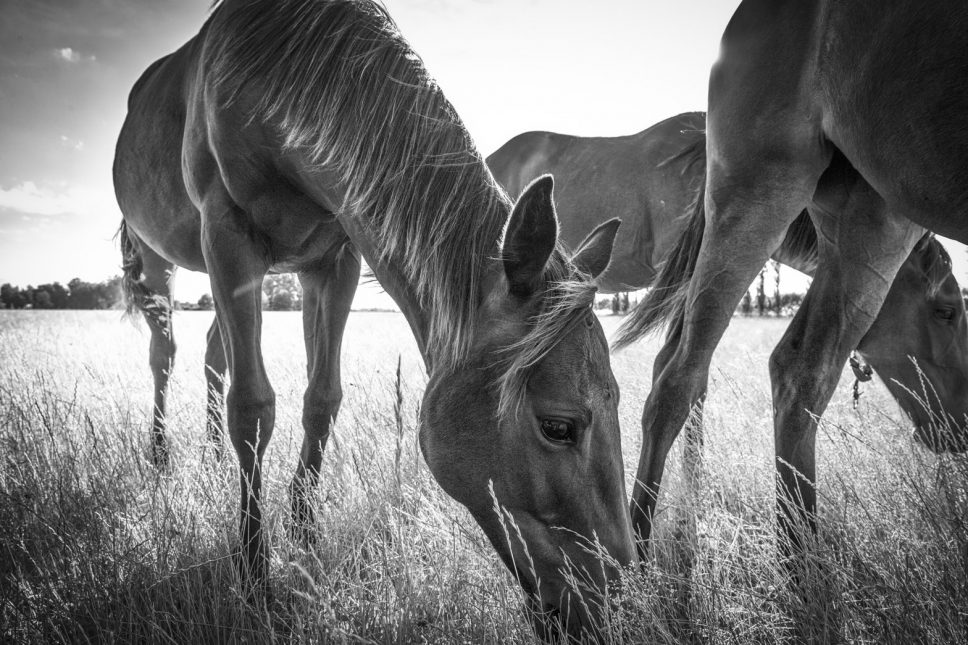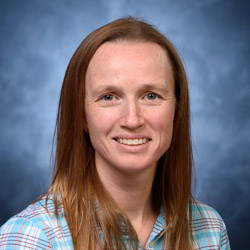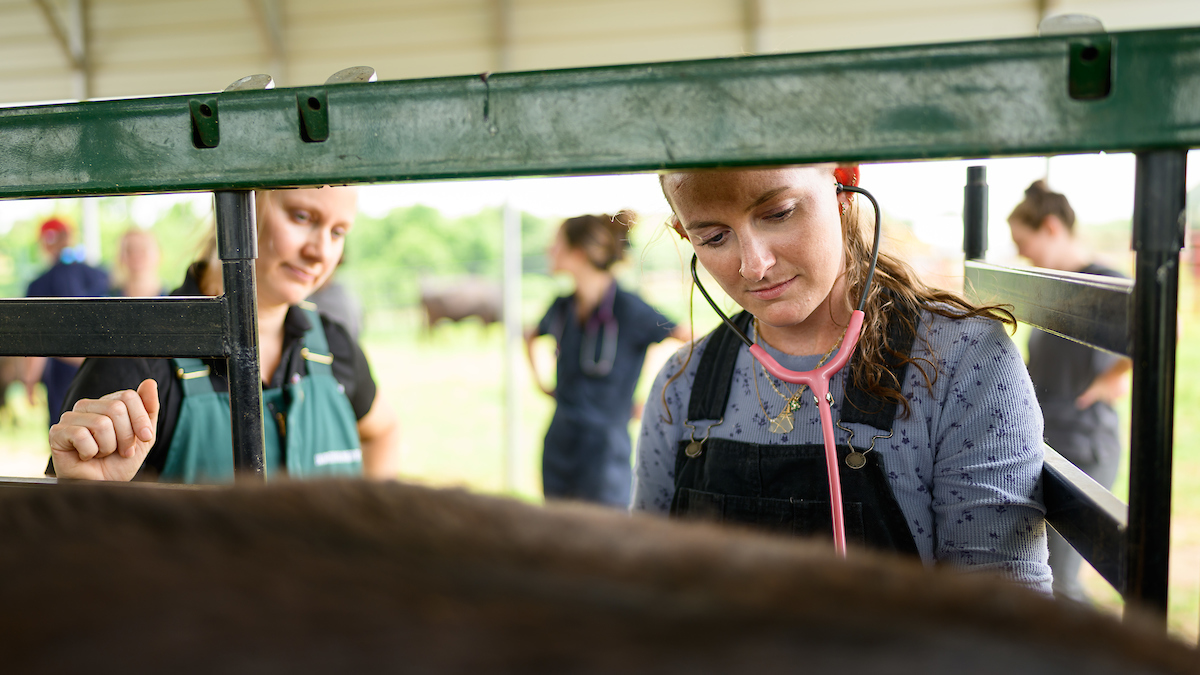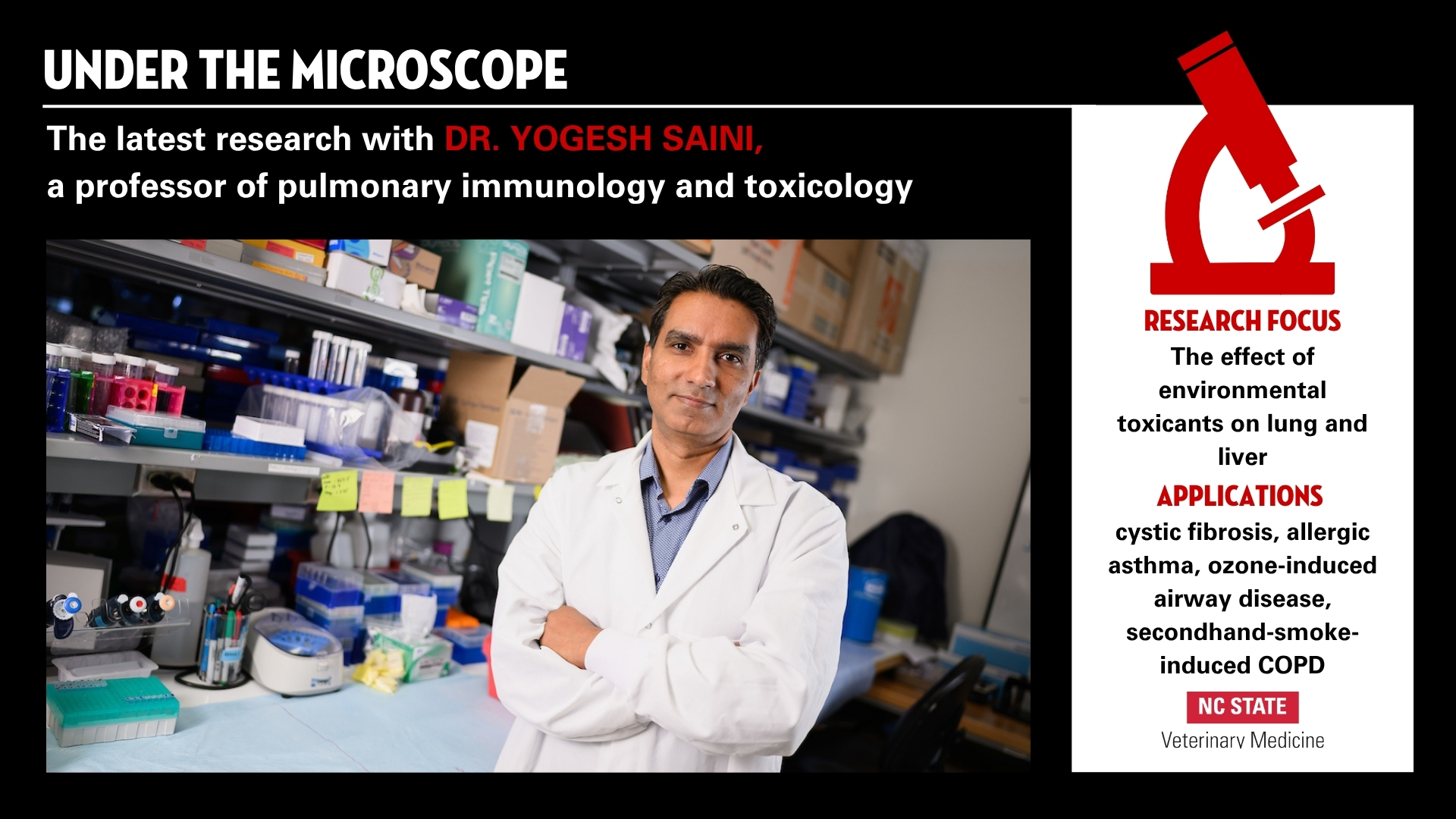CVM Awarded Funding for Equine Colic Study


The NC State College of Veterinary Medicine is one of 10 institutions nationwide receiving funding this year from the Morris Animal Foundation in support of equine health research.
The organization announced Thursday that Megan Burke, assistant clinical professor of equine emergency medicine, has been awarded a grant for a one-year project assessing antibiotic use following colic surgery.
Burke will lead a clinical trial looking at the benefits of using antibiotics beyond 24 hours for horses undergoing such surgeries. Emergency surgery is required for severe cases of colic, a term that applies to a wide range of equine abdominal pain cases.
One of the most common complications after colic surgery is surgical site infection, Burke’s study description notes. Burke’s trial will evaluate the effect of 24 hours versus 72 hours of antibiotic administration on surgical infection development.
The findings could influence antibiotic protocols, as well as minimize infections and other surgical complications, including increased antibiotic resistance and colitis associated with antibiotics.
Burke’s is one of 12 projects in equine or alpaca health receiving funding from the Denver-based foundation, which supports companion animal, horse and wildlife health research. The latest round of funding was awarded to studies determined to have, “the greatest potential to save lives, preserve health and advance veterinary medicine,” according to the organization.
“Each of these studies has the potential to improve the lives of horses in significant ways, and we are very proud to support these innovative researchers in their efforts,” said Janet Patterson-Kane, the Morris Animal Foundation’s chief scientific officer, in a statement.
The NC State Veterinary Hospital’s equine service boasts world-leading colic specialists who work closely with clients to create personalized colic care. The hospital’s equine emergency service offers immediate care for colic and uses the latest medical technology, including ultrasound, MRI and high-resolution radiography.
The CVM is also a leader in equine colic research, including groundbreaking investigations on using stem cell therapy to treat equine intestinal diseases and musculoskeletal injuries. The Morris Animal Foundation has funded several equine stem cell research projects at the CVM.
The foundation has long supported other CVM research goals, funding innovative projects on canine cancer, feline heart disease and new drug development.
Burke joined the CVM in 2015. One of her recent published studies explored treatment advances for horses with acute colic and postoperative ileum obstruction.


